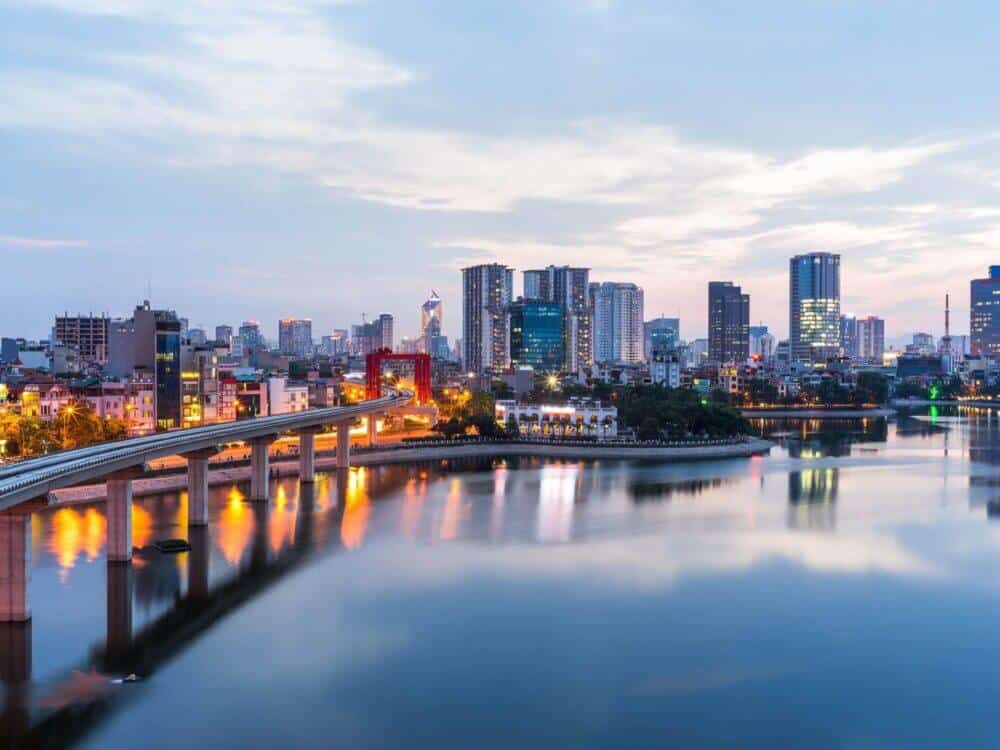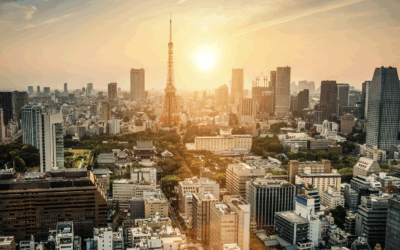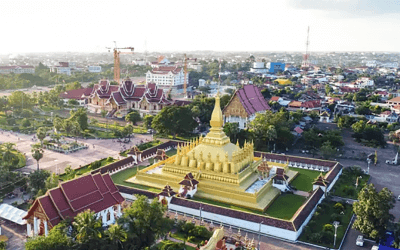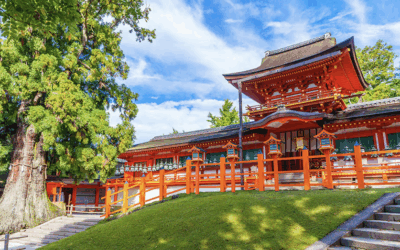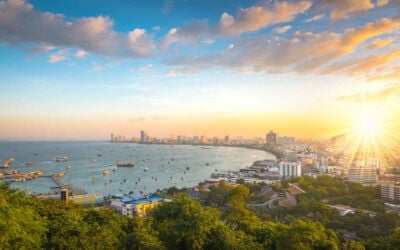Last updated May 20th, 2024.
Nearly a decade ago, lawmakers approved a measure that removed many, even if not all, barriers on foreign property ownership in Vietnam.
The move to attract foreign property investors, among a few other recent ones by the Vietnamese government, was aimed toward raising investment from both companies and individuals.
Yet several key restrictions remain on foreign ownership in Vietnam remain to this day. For example, you still cannot truly own land – although that’s the case with everyone else including local citizens too.
Foreign citizens holding a valid visa, foreign companies with operations in Vietnam, and foreign investment funds can now own houses and apartments outright.
Previously, foreign real estate ownership was only possible on a long-term leasehold basis of up to 50 years. Freehold titles weren’t allowed at all for structures or land. Thankfully, this has changed.
But the law still prohibits foreign property ownership exceeding 30% of floor space in any one condo. Likewise, non-Vietnamese nationals may only purchase a maximum of 250 houses in a single neighborhood or ward.
Furthermore, every plot of land in Vietnam still technically belongs to the state – not any one person.
Businesses and individuals can still own houses and other structures, yet the land they sit on must be leased from the government.
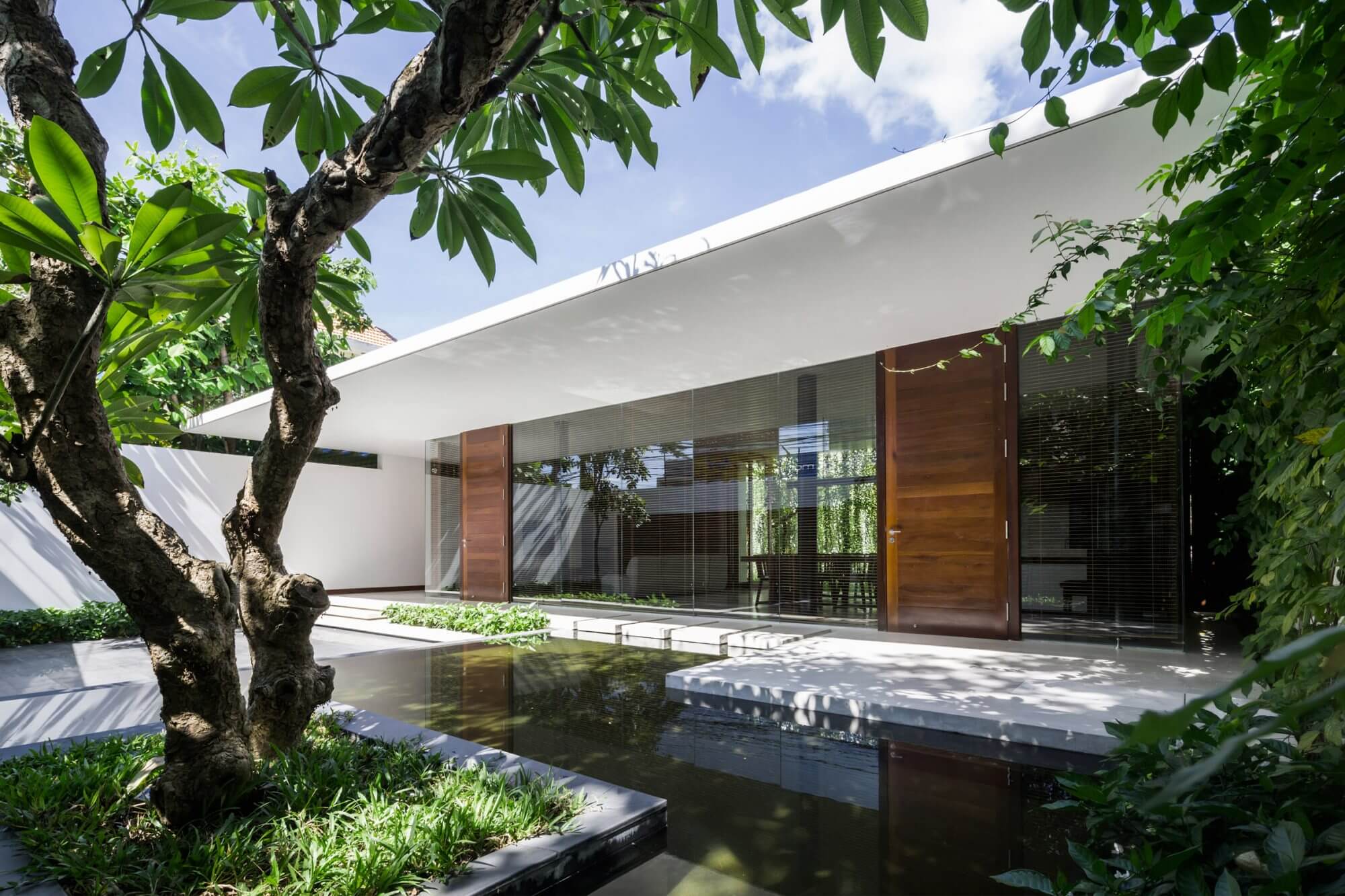
Foreigners can own structures but not land in Vietnam. You’ll also need a long-term visa and might be restricted from buying in certain certain neighborhoods or projects.
Foreign Property Ownership: Vietnam Opens Up
Analysts say that investors from China, Singapore, and Japan are most likely to take advantage of the new Vietnam foreign property law.
This is because of real estate bubble concerns and falling rental yields in their home countries. REITs (real estate investment trusts), along with operators of retail space and office buildings in Vietnam will also likely benefit.
Participants in the Vietnam property market, both local and foreign, welcome this new change. Le Hoang Chau, chairman of the Ho Chi Minh City Real Estate Association, thinks the new rules will inevitably raise housing prices and demand.
The change allowing foreign citizens to own real estate should help Vietnam become far more competitive just in time for the ASEAN Economic Community according to Andrew Batt, International Group Editor of PropertyGuru.
AEC’s goal is to transform all of Southeast Asia into a single economic union – similar to the EU, but without many of its fallbacks.
With all that said, several other places in Southeast Asia have even better prospects and easier foreign ownership laws when compared to Vietnam.
Consider property in Malaysia or Cambodia if you want to own real estate abroad. Both these nations allow freehold foreign property ownership with almost zero restrictions.
You may also want to check out our free guide to buying real estate in Vietnam. It has answers to practically any question you could have about investing here.
Skip the Next Western Recession
Learn the best places to invest - and where to avoid - by downloading our free Investment Cheat Sheet.

